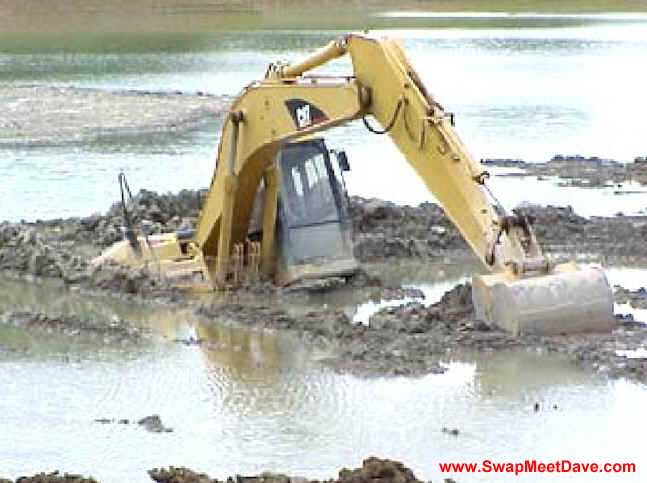Just to piggy back on pilotben1986. I went with one of my instrument students to his Civil Air Patrol training. He is currently getting trained up as a mission scanner. While he was pre flighting I had a FAQ with his pilot. Turns out he is an Air Force officer who just made captain. After UPT his track was to fly helicopters. I'm not exactly sure how much time he logged flying rotors but his TT is less than a thousand hours. That includes everything from UPT, whatever his flying assignment after UPT, and the civilian stuff he's been doing. He is currently flying a cubical and relying on the auxillary Air Force to give him flying hours. He commutes from another state just to get that time.
Okay, so he just made Captain. He has been in the USAF four years and, unless there is something very unusual about his career progression, is still on his first operational assignment.
No kidding he has less than 1,000 hours.
By the way, both of these dudes that you guys are apparently holding up as examples of "flying a cubical" (or, as the rest of the English-speaking world spells it, "cubicle") and how nobody is getting any flying time are both
helo drivers. Neither of these guys is remotely a valid piece of "evidence" to support the argument is being made about USAF flying here. Come on...none of the Major airlines even recognize rotary wing time as valid.
Again, none of the anecdotal evidence you guys have presented is representative of a typical USAF line pilot.
Here are the facts, folks:
Guys who go to heavies -- tankers, cargo, airlift -- after UPT are getting a lot of flying time, but none of it is PIC turbine until after the first year or two when they upgrade from copilot to aircraft commander. In an average 10-year commitment, they will rack up about 3,000-4,000 hours of total time and about 1,500 hours of PIC. They might have also done at least one tour in a training squadron, possibly UPT, where they will also have racked up a bunch of instructror hours. They will be ripe to go into any Major airline the day they leave active duty. If they stay in the AF, the next 9 years will have all of the "bad" deals -- the desk time, the non-flying staff job, etc.
Guys who go to fighters will get much less flying time -- because it is happening 1.5 at a time -- but it will all be PIC turbine from the start. They will have much less total time at the end of their 10 years -- probably 1,500-2,000 hours, but it will all be PIC. Like their heavy dude counterparts, they will also be ripe to go get a job at a Major. Same story applies to the guys who decide to stay in for the next 9-10 years -- they'll fly a lot less. I have averaged more than 200 hours a year for the last 10 years. I got more in F-15E flying than I did as a T-38 instructor (because of the short sorties in the T-38). I am an O-4 who has been in 14 years, and last year I logged the most hours of ANY year since I've been flying. Yes, there is a crapload of paperwork, meetings, and desk-driving. But there's not significantly less flying.

